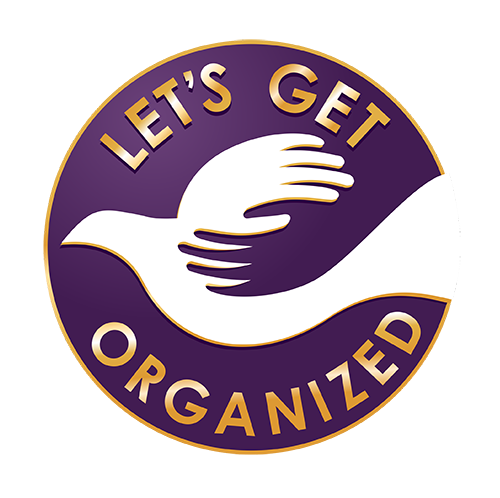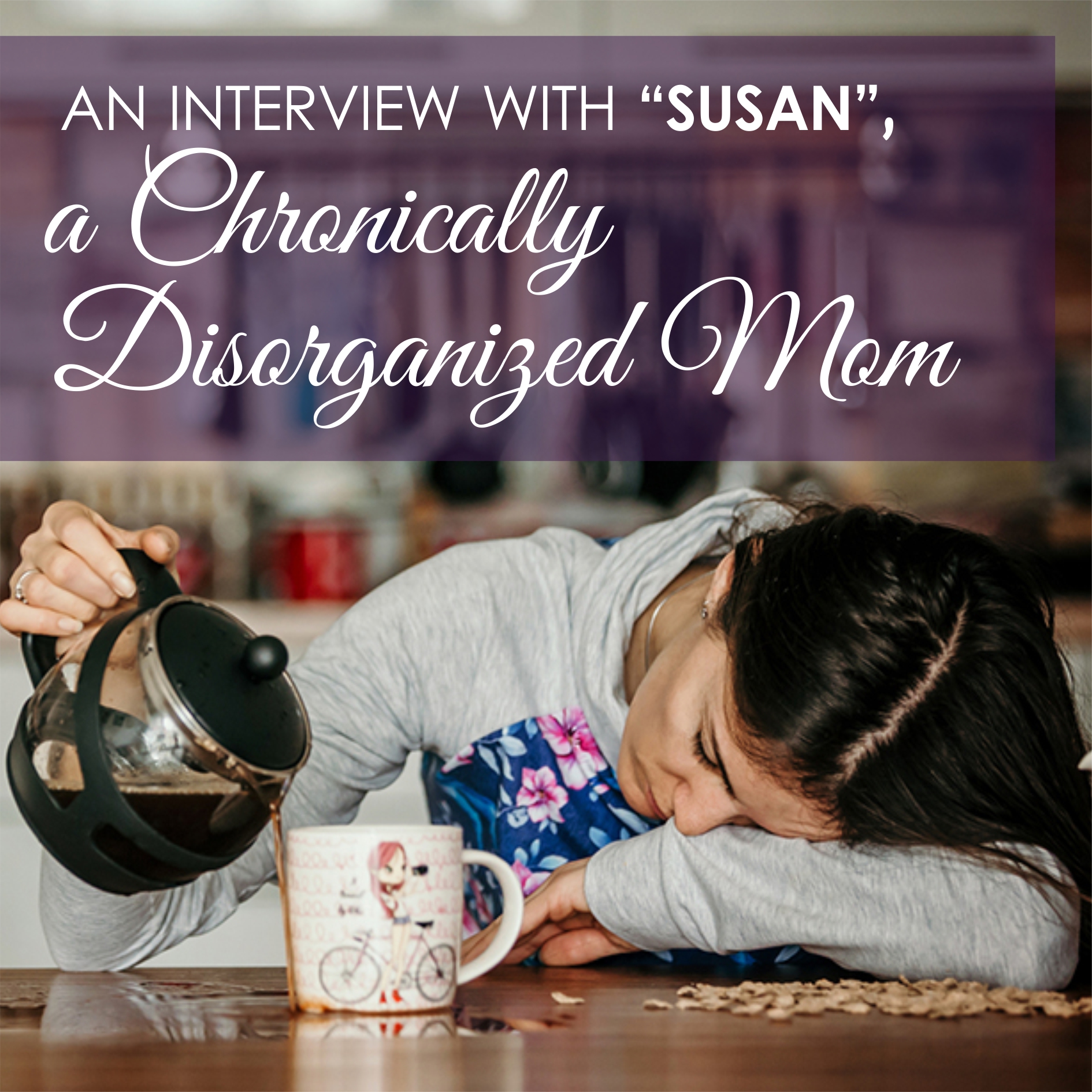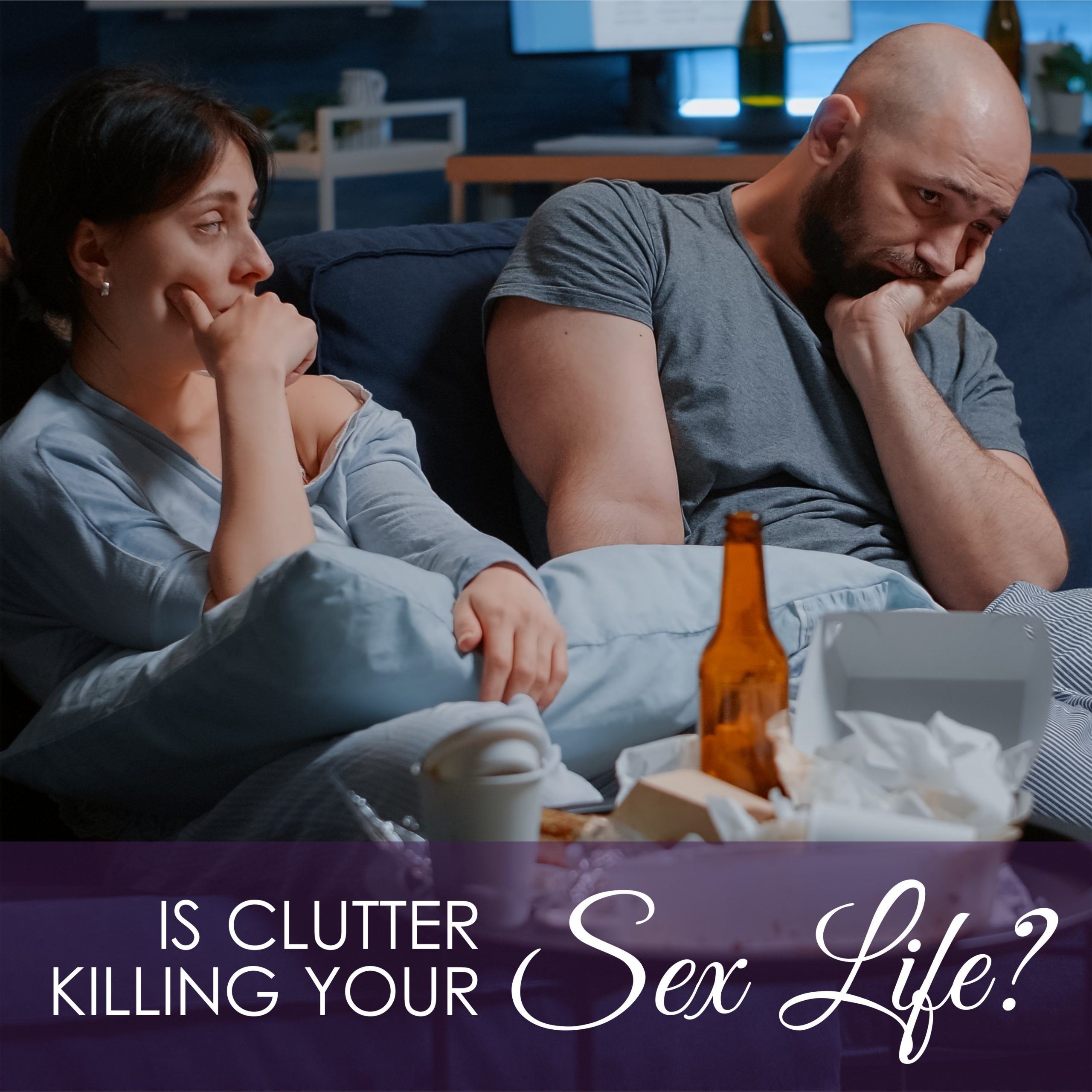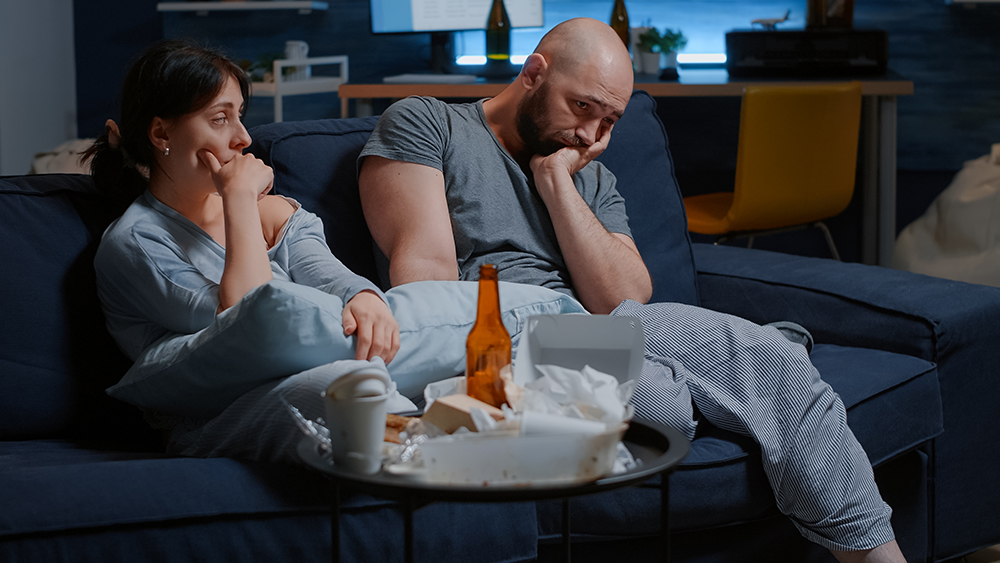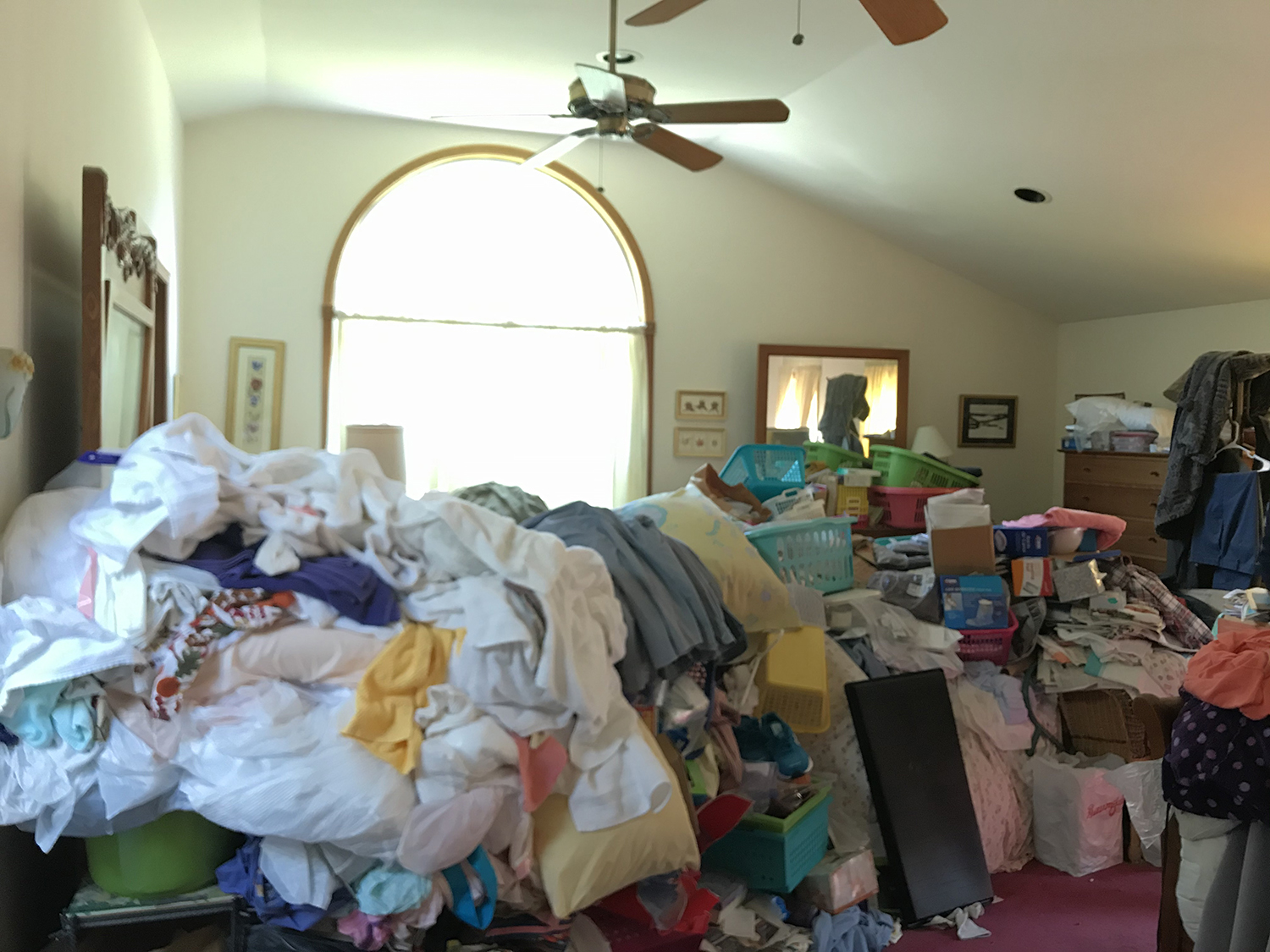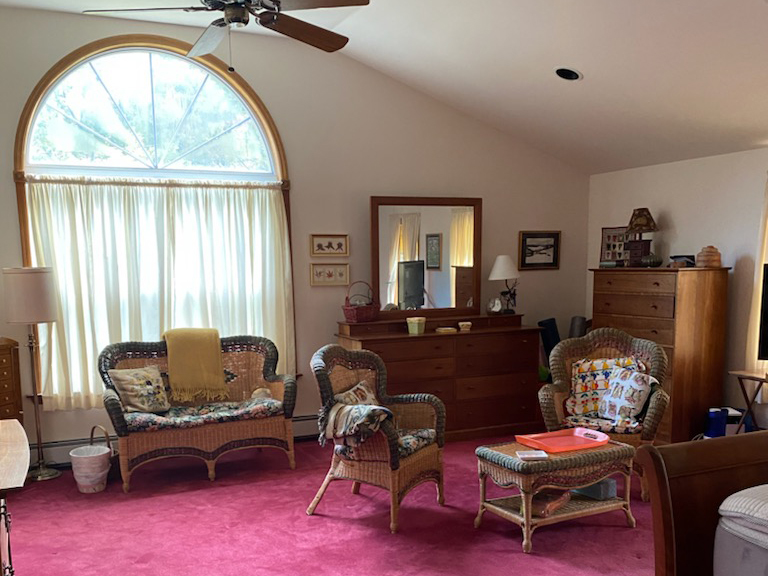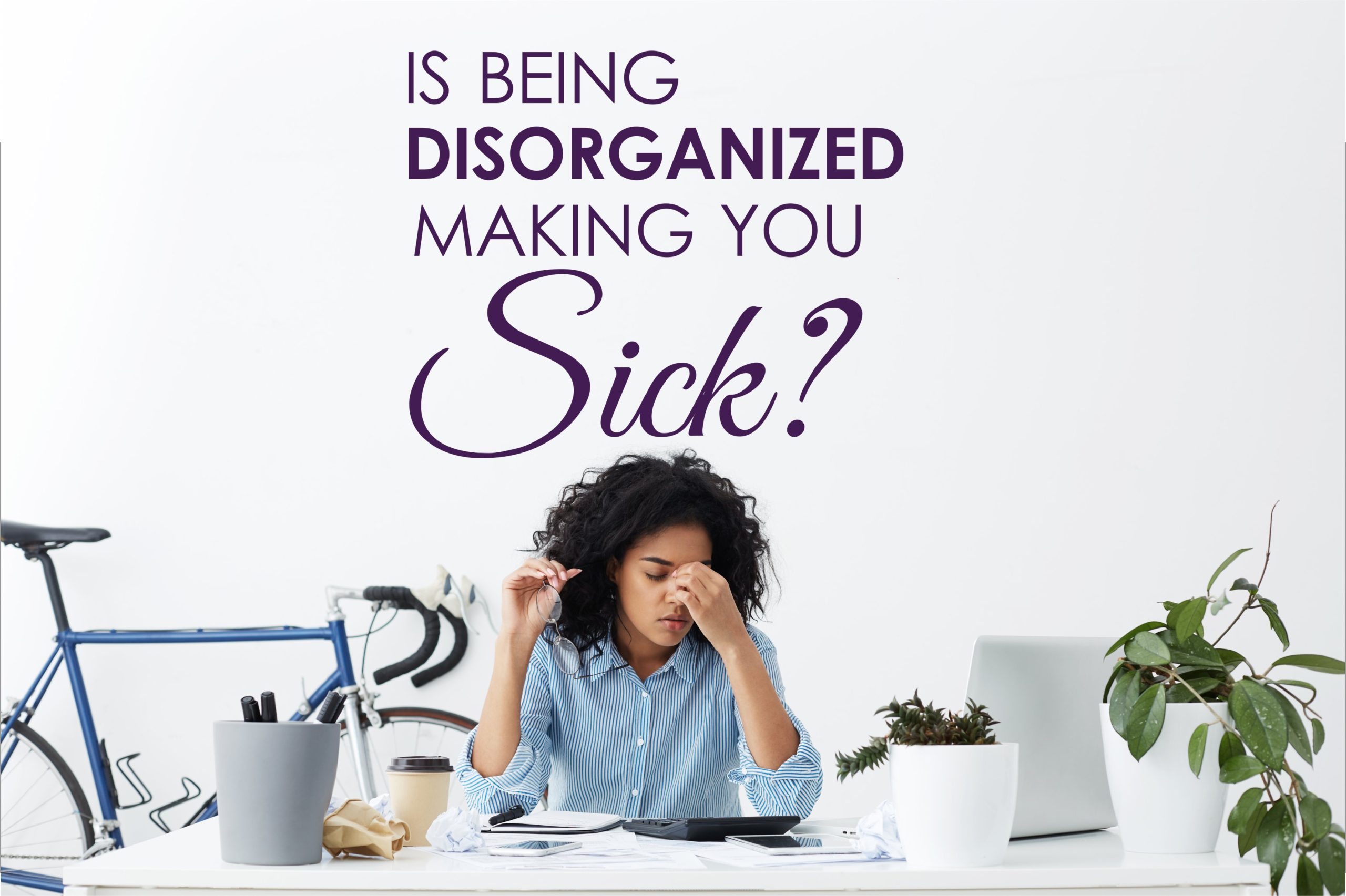Living with an ADHD Spouse
LIVING WITH
AN ADHD
Spouse
living with an adhd
Spouse

So, Michael, you’ve been married to Denise for over 25 years. When you first met, did you know she had ADHD?
Well, yes and no. I knew she was very smart and outgoing and had a lot of energy, but I didn’t know it had a name.
I see. When did you first find out there was a name for what Denise was living with?
Oh, not until many years later.
How did you find out?
Denise has always been involved in the medical world, and she reads a lot. She was looking something up online and found an article that described her perfectly. It talked about people who can’t focus on “boring” things for a long time but can hyperfocus on something they love for hours, who are always racing here and there, who can easily get distracted, it just went on and on.
How did Denise react to that?
She was thrilled! She finally felt like she wasn’t the only one who was like this.
What is it like for you to be the spouse of someone with ADHD?
I have two words for you: exhausting and exhilarating.
Those sound like two sides of the same coin. What do you mean?
It can be very exciting living with someone with ADHD. Some days it’s like taking a roller-coaster ride that leaves you wanting more at the end. Denise is the epitome of love; she walks into a room, lights it up, and everyone flocks to be around her. She laughs a lot and loves to make jokes. She sees the good in everyone. She is so selfless and will literally give you the shirt off her back. I’ve seen her do it many times. Denise loves to dance; if there’s music, she’s moving to it, and she’ll pull you in to join her.
I can see how that can be tiring. How else is it exhausting being with Denise?
Like many people with ADHD, she’s very smart. She’s always thinking, and those thoughts race around her brain at a million miles an hour. It’s almost impossible to keep up with how fast she thinks!
It can be physically and emotionally exhausting. Because her mind is so busy, she sometimes doesn’t see that things get piled up around the house, and it can get really cluttered. I once walked in from a business trip and literally cried because I could barely open the door from the garage into the house; there were shoes and clothes pile up in the entryway. I was already tired, but now I had to pick these things up from the floor and take them to the laundry room. I was so hurt, angry, and frustrated; it felt like she didn’t love or respect me by leaving all of this stuff hanging around.
Wow. That’s a powerful story. How did you deal with it?
Denise and I sat down and had a long conversation. I told her how I felt, and we worked out that what she does isn’t designed to hurt or spite me. She doesn’t do it on purpose; that’s just how her brain works. We decided that she would see a psychiatrist and discuss possible medications to help her focus. She would also see a therapist for ongoing support. I would learn as much as I could about women with ADHD and work on relaxing my expectations of Denise.
I know you have two young adults. Your son is 24 and your daughter is 21, right?
That’s right.
ADHD is hereditary. Have they inherited any ADHD traits from Denise?
They haven’t been diagnosed per se, but sometimes I see certain behaviors that are similar. For instance, my son is also very outgoing and has tons of friends, and he doesn’t focus on uninteresting things for very long. My daughter loves to move, and she can hyperfocus on something for days on end.
Does Debbie work outside the house?
She did when we first got married, but once we had kids, she stayed home with them. She’s an excellent mother, by the way. Debbie has done a lot of volunteer work. Like I said, she’s incredibly selfless and giving. Recently, she decided to start a business as a companion to lonely and infirm seniors.
That is definitely a very giving profession. I’ve learned that sometimes people with ADHD have a hard time with a structured work environment. It sounds like Denise found something that plays to her strengths: she can have a flexible schedule, be with people, and feel creative. That’s a win all around.
Yes, she really loves what she does.
This is a sensitive topic. I’ve also heard that people with ADHD aren’t very good with money. Is that true of Denise?
Not at all. She’s generous, absolutely, but she’s also very cautious about spending unwisely.
Although it might seem that your messy spouse just doesn’t care about the disorganization they leave in their wake, there might be underlying issues at work. Never underestimate the value of getting a diagnosis if you suspect you or someone you love might be suffering from adult ADHD.

author
Gayle M. Gruenberg
Gayle M. Gruenberg, CPO-CD® is the Chief Executive Organizer of Let’s Get Organized, LLC, an award-winning professional organizing firm based in Bergen County, New Jersey. Gayle is the creator of the Make Space for Blessings™ system. LGO works with busy families to help them find more time, space, money, and energy and connect their lives to their core values through being organized.
